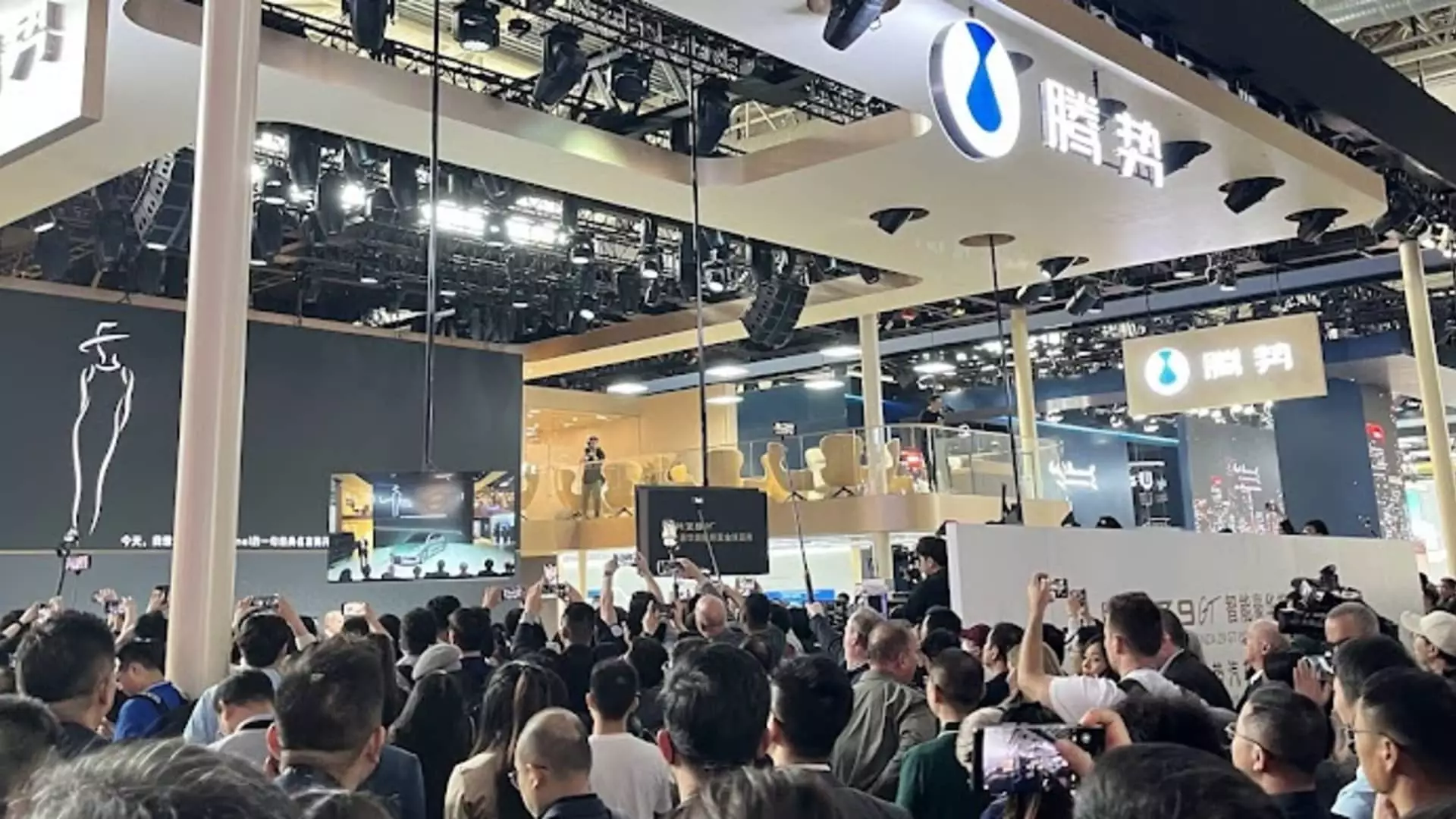The 10-day auto show in Beijing highlighted the intense competition in the Chinese car market, with a vast number of visitors and car launches overwhelming the event. Analysts point out that the Chinese market is oversaturated, with about 170 brands operating compared to 80 in Europe. This oversaturation leads to poor economies of scale and increases competition, especially during a transition from internal combustion engines to battery electric vehicles. The question arises whether international OEMs should focus on the entry or compact segment in the next 5 years, given the market conditions.
The Beijing auto show opened to the general public after two days of restricted access, allowing car companies to engage with consumers. Brands like Porsche and Zeekr incorporated Apple Vision Pro experiences, while others, such as Mazda and Nezha, entertained visitors with musicians, dancers, and fashion shows. The move towards creating immersive experiences for consumers indicates a shift in marketing strategies among car manufacturers to attract attention and gain traction in the market.
New Car Models and Market Response
Over 110 new car models made their debut at the Beijing auto show, showcasing the latest industry trends and innovations. Top brands used the platform to promote their products and engage with consumers effectively. Xiaomi’s SU7 electric sedan garnered significant social media attention, highlighting the importance of marketing in today’s competitive market. Nio and Leapmotor reported better-than-expected deliveries in April, driving their stock prices up and indicating positive market sentiment towards Chinese automakers.
China’s push to encourage trade-ins by offering subsidies for new energy vehicles and fuel-powered cars aims to boost passenger vehicle sales. Analysts estimate that this policy could increase sales by 1 million units this year, with a focus on electric and gas-powered models. Leapmotor, Geely, and BYD are highlighted as top stock picks by analysts, as they are expected to benefit from government incentives. Despite foreign companies losing ground in the Chinese market, there are still opportunities for partnerships and growth, as seen with Volkswagen and Xpeng’s partnerships with local companies.
The Beijing auto show highlighted the fierce competition and market dynamics in China’s car industry. With a shift towards electric vehicles and increased consumer engagement, manufacturers are adapting their strategies to stay competitive. Government incentives and market trends will continue to shape the industry, offering growth opportunities for both domestic and foreign car companies in the evolving Chinese market.

